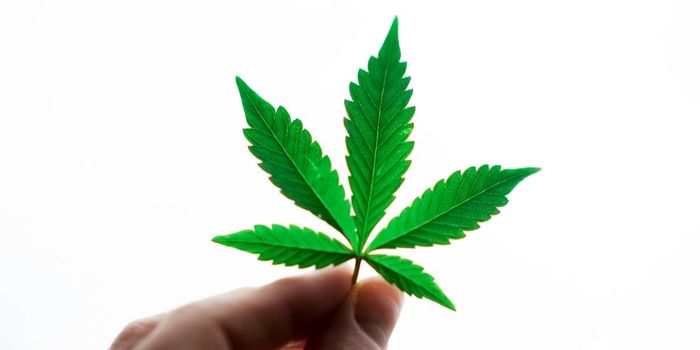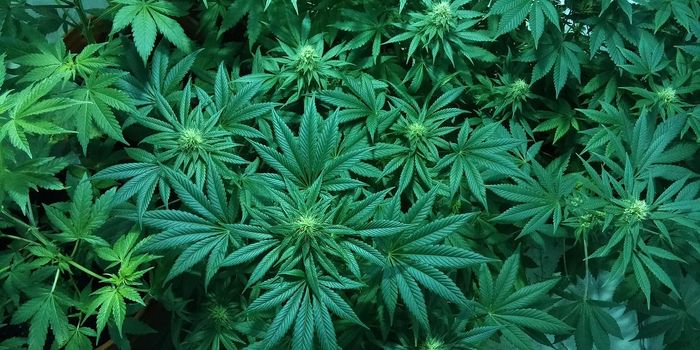Too High? Here are Some Science-Based Tips
According to the website Leafly.com (one of the more credible places online for all things marijuana), there are several ways (eight to be exact) to help someone come down if they are "too high" (called "greening out"). With high-potency pot becoming more and more available and the increase in cases of marijuana-induced psychosis, these tips may come in handy. But are they grounded in science, or are they merely urban myths?
Photo source: Pexels.com
Ok, so here are Leafly's tips: 1. Don't Panic; 2. Know your limits (probably should have done this one before you indulged, but ok); 3. Hydrate; 4. Chew (or sniff) black peppercorn; 5. Keep calm and rest; 6. Take a walk; 7. Take a bath or shower; and 8. Distract yourself. Sounds easy, right? Well, there are some interesting tips on this list that are a bit striking (except, perhaps, for no. 2). Why would these tips help?
First, Don't Panic. Anxiety begets more anxiety, and the pharmacological effects of marijuana could be a contributing factor. The endocannabinoid system (ECS) helps to regulate emotional states. According to Dr. Jennifer Murray and colleagues from the University of Guelph in Ontario, the psychoactive component of marijuana, delta-9-tetrahydrocannabinol (THC), could interfere with this process, making you feel even more anxious. Essentially, you feel yourself becoming anxious, and you get further anxious by this sudden onset of anxiety.
Second (not no. 2), Hydrate. THC and other phytocannabinoids have been found to decrease drinking in rats. Dehydration can promote stress and anxiety. This actually may link back to tip no. 1 (Don't Panic); the internal state of thirst could contribute to the stress and anxiety that may accompany greening out. It also can promote nausea, according to MedicineNet.com, which could also contribute to the aversive experience.
What about the black peppercorn tip? Dr. Ethan Russo (esteemed cannabis scientist) published a review in the British Journal of Pharmacology which summarizes the entourage effect and the role of terpenoids (aka terpenes) in counteracting THC's psychoactive properties (see here for more on the entourage effect and terpenoids). Terpenoids are present in marijuana and in peppercorn. Perhaps adding more terpenes to the mix may help bring a person "too high" back down?
Why would a warm shower help? Leafly says it will help you calm down, which is probable, but there is actually an interesting (from a scientists point of view) illness that has increased with the increase in marijuana legalization called hyperemesis, or, cyclic vomiting. Very little is known about this cannabis-related reaction, but for some reason, taking a hot shower helps relieve symptoms. This may not explain why it would help someone greening out per se, but it may help relieve nausea.
Photo source: Pexels.com
Taking a walk and distracting yourself are both suggested by Leafly to try to, well, distract yourself. Marijuana can induce paranoia and acute psychosis. There is a tendency to "get inside your mind" when you are too high. Fun fact about the brain, it can only pay attention to one thing at a time. Mindfulness activities, watching TV (preferably comedy) or a change of scenery may help one to refocus on the world. Again, interestingly, this could relate back to interoception; if you turn your attention away from the terrible feelings you are going through you may be able to come down back to reality.
Just try to remind yourself (or your friend) if you are greening out that it will pass. If you are truly concerned, please go to the emergency room, where they will have more medically-sound "tips" (for example, sedatives) to help you.
Watch the video below for some more tips.
Video Source: YouTube.com
Sources: Leafly.com, Pharmacology, Biochemistry, and Behavior, The British Journal of Nutrition, MedicineNet.com, ResearchGate.net, British Journal of Pharmacology, LabRoots.com, Brain Research










